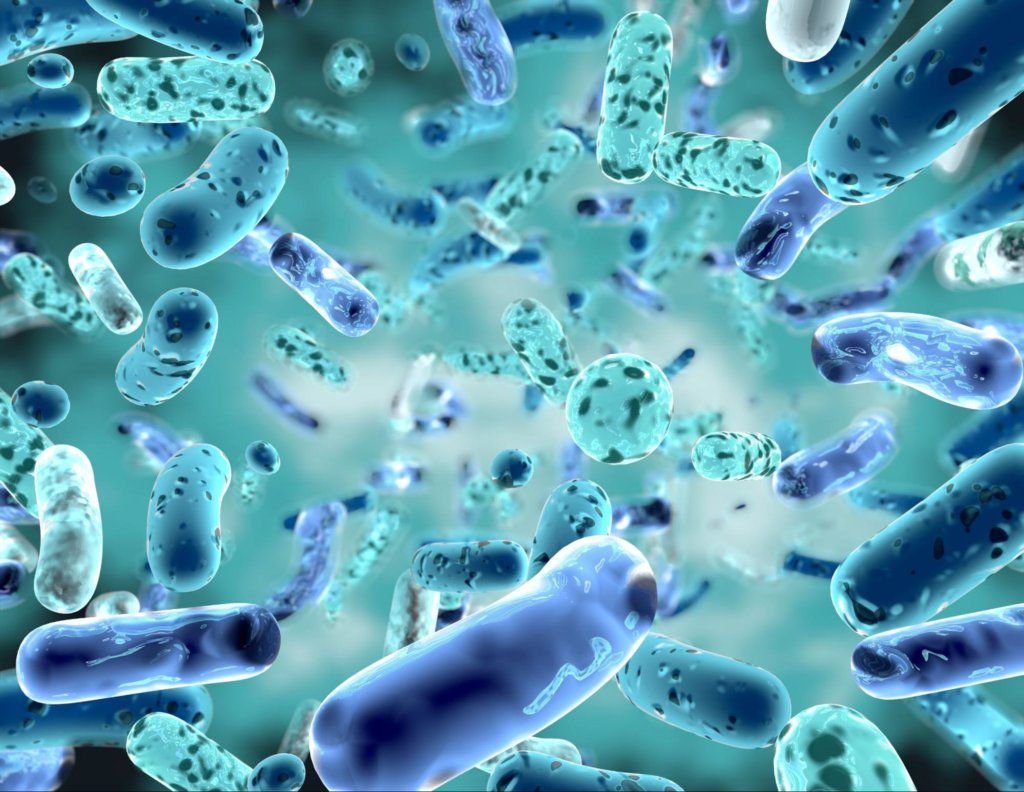Here are 9 ways to prevent bloating after eating eggs

Love eggs, but find yourself battling uncomfortable gas and bloating afterwards? You’re definitely not alone. It’s a common and frustrating issue, especially since eggs are such a fantastic source of protein and nutrients. While it’s rarely a sign of a severe allergy, it often points to a sensitivity or how your body processes certain compounds within the egg.
This article will help you understand why eggs might be causing you tummy trouble and give you some actionable strategies to prevent or significantly reduce that post-egg gas.
Before we dive into solutions, let’s briefly look at why eggs might be causing this issue for you:
How To Prevent Bloating After Eating Eggs
Pulse Sports highlights to top Ghana stars who could be making moves to different clubs this summer transfer window…
1. Egg Intolerance or Sensitivity:
This isn’t the same as a life-threatening allergy, but rather your digestive system having a tough time breaking down specific proteins found in eggs (like albumin). If you have an intolerance, you might experience symptoms like abdominal pain, cramps, bloating, or even diarrhoea, typically a few hours after eating eggs. Keeping a food diary can be a great way to spot this pattern, and a healthcare professional might suggest an elimination diet to confirm it.
2. Sulphur Content
Eggs are quite rich in sulphur-containing amino acids, like methionine. While this is generally healthy, for some sensitive individuals, these sulphur compounds can contribute to producing gas, and sometimes, rather smelly gas.

### Practical Strategies to Reduce Gas
The good news is, with a bit of detective work and some simple adjustments, you can often enjoy your eggs without the uncomfortable aftermath.
Adjust Eating Habits
Believe it or not, how you eat can be just as important as what you eat.
1. Eat Slowly & Chew Thoroughly
Gulping down your breakfast or racing through a meal can cause you to swallow excess air. This air then travels to your stomach and intestines, resulting in gas and bloating. Take your time, chew each mouthful properly, and savour your food.
Egg and cornstarch [LadyG]
ALSO READ: 10 university courses that might leave you jobless in Ghana
2. Avoid Talking While Eating
Similarly, chattering away while you’re trying to eat means you’ll inevitably swallow more air. Try to keep conversations for between mouthfuls.

ALSO READ: Selina Boateng reveals Christian marriage struggles, says many want out
3. Limit Carbonated Drinks & Chewing Gum
Fizzy drinks are loaded with carbon dioxide gas, which can contribute directly to bloating. Chewing gum or sucking on hard sweets can also make you swallow more air.
ALSO READ: 7 reasons you shouldn’t have sex when you’re on your period
Consider Egg Preparation & Combinations
Sometimes, it’s not just the egg itself, but what you pair it with, or even how it’s cooked.

ALSO READ: The Psychology of Dressing: 5 ways your clothes affect your confidence
4. Cooking Method
While largely anecdotal, some people find very hard-boiled or overcooked eggs harder to digest than softly scrambled or poached eggs. Experiment with different cooking methods to see if one causes less discomfort for you.
5. Food Pairings
If you’re sensitive to sulphur, combining eggs with other well-known gassy foods might amplify the problem. These include vegetables like broccoli, cauliflower, cabbage, and onions, as well as beans and certain fatty meats. Try enjoying your eggs with milder side dishes, at least initially.
ALSO READ: 12 clear signs your boyfriend intends to marry you
Support Your Digestive System
Giving your digestive system a helping hand can make a big difference.
ALSO READ: 10 ‘dangerous’ foods pregnant women should never eat
6. Stay Hydrated
Drinking plenty of water helps your digestive system work smoothly, aiding in the breakdown of food and the efficient movement of fibre through your gut.
This can prevent constipation, which often worsens gas.
READ ALSO: 6 colours you should wear on a first date to create lasting impression
7. Probiotics
A healthy balance of good bacteria in your gut (your microbiome) is crucial for efficient digestion. Incorporating probiotiCS through fermented foods (like live yogurt or kefir) or a good quality supplement can help improve gut health and potentially reduce gas.

8. Digestive Enzymes
If your body struggles to break down certain components in food, digestive enzyme supplements (containing enzymes like pepsin for protein breakdown) taken before meals might offer relief. However, always chat with your GP or a dietitian before starting any new supplements.
ALSO READ: Finding Freedom: Bible verses to help you overcome guilt
9. Herbal Remedies:
Certain herbal teas are well-known for their digestive soothing properties. Peppermint tea can relax digestive muscles, while ginger, fennel, and chamomile teas can help reduce bloating and calm your stomach.
ALSO READ: Ghanaian films lack the creativity seen in Nigerian movies – Veteran actor Daniel Clerk
When to Consult a Doctor
While most cases of egg-induced gas are manageable with these tips, it’s always wise to consult a healthcare professional if:
-
You experience additional symptoms like unexplained weight loss, chronic diarrhoea, or constipation.

A doctor can help rule out any underlying conditions like Irritable Bowel Syndrome (IBS), Small Intestinal Bacterial Overgrowth (SIBO), or other specific intolerances or allergies.
Experiencing gas after eating eggs is a common annoyance, but it’s often manageable. By paying attention to your body’s signals, making small adjustments to your eating habits and food combinations, and supporting your digestive system, you can often find significant relief. With a bit of detective work and simple changes, you can likely get back to enjoying your eggs without the uncomfortable after-effects.








